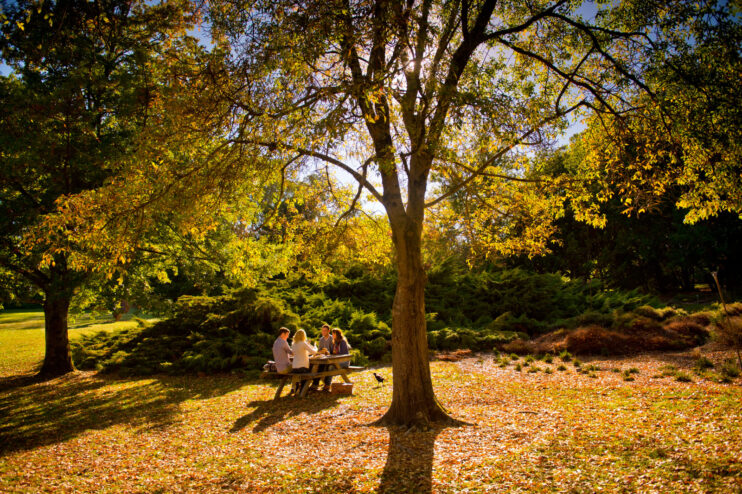Your cart is empty.


Your cart is empty.
Impact

South Australia is leading the charge in the transition towards sustainable transportation. With a vision to reduce carbon emissions and promote cleaner energy alternatives, the Royal Automobile Association (RAA) has unveiled an ambitious plan to implement a network of charging stations across the region. Additionally, festivals in South Australia are actively embracing this initiative to support the electrification of transport and foster a greener future.
RAA’s Charging Station Network
Recognising the importance of infrastructure for electric vehicles (EVs), the RAA has developed a comprehensive plan to establish a robust charging station network throughout South Australia. The plan includes strategically locating charging stations along major highways, in metropolitan areas, and at key regional destinations. By ensuring convenient access to charging infrastructure, RAA aims to alleviate range anxiety and accelerate the adoption of electric vehicles in the state.
By providing accessible and reliable charging infrastructure, the RAA and festivals inspire individuals to transition to electric vehicles, reducing their carbon footprint and contributing to a cleaner environment. This shift towards electric transportation not only benefits the festivals themselves but also has long-term implications for the overall sustainability of the region.
Festivals Leading the Way
Festivals in South Australia can play a role in advocating for these solutions and building awareness around the transition to a decarbonised economy. Electrification of ground transport (primarily through electric vehicles) is a primary way to support this transition, but in addition to this encouraging active and public transport will be just as critical to reduce the use of cars and promote slower, more environmentally conscious modes of transport.
South Australia is renowned for its vibrant festival culture, and these events can seize this opportunity to support the electrification of transport. Festivals such as WOMADelaide, Adelaide Fringe, and the Adelaide Festival have embraced sustainability as a core value and are actively promoting the use of electric vehicles among attendees.
Charging infrastructure is often a barrier to festival goes using EV’s at events, either CBD based or more remote and regional performances. And example of how festival can support this transitions includes establishing temporary charging stations at festival venues, enabling festival-goers to recharge their electric vehicles while enjoying the festivities.
This will help to make EVs a more viable transportation option for festival attendees and also promote the reduction of greenhouse gas emissions with added benefits of improving air quality during the events. Moreover, this will provide a powerful educational platform, raising awareness about the benefits of electric vehicles and encouraging the adoption of sustainable transportation choices among festival-goers.
Audience Travel and the Adelaide Festival
Across the 2022 and 2023 Festivals, in effort to address the carbon emissions associated with travel, Adelaide Festival teamed up with Reforest, to provide a unique opportunity for its audience members to offset their emissions of travel to performances. Recognising that travel to performances contributes to carbon footprints, Adelaide Festival encourages attendees to participate in their carbon offset program, and broader climate action in SA. Through this partnership, festival-goers have the option to contribute funds towards local reforestation projects, helping to restore and expand natural ecosystems in the region. By supporting the planting of trees and the restoration of native habitats, Adelaide Festival enables its audience to actively contribute to the reduction of carbon emissions and support local environmental initiatives. This collaborative effort between Adelaide Festival and Reforest demonstrates a commitment to sustainability and provides a tangible way for individuals to take responsibility for their carbon footprint and contribute to positive environmental change. This was also an effort to create more awareness around travel emissions and encourage audience members to prioritise public or active transport to events.